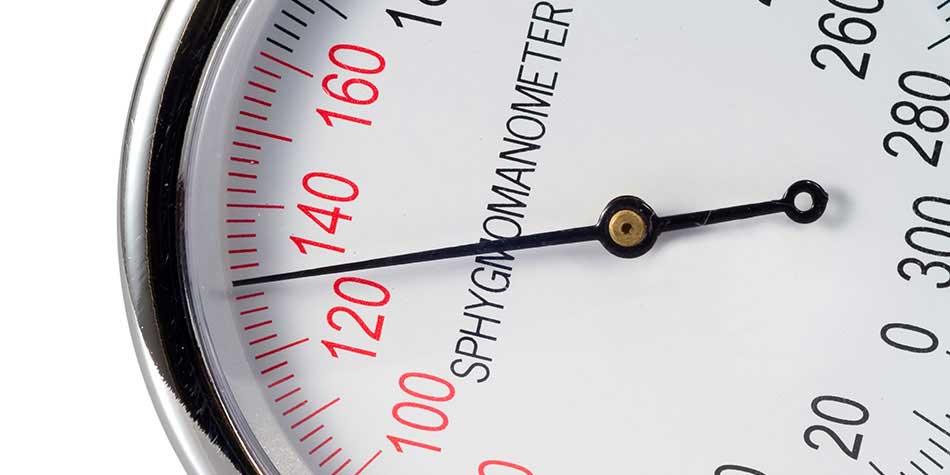
You may know your blood pressure numbers, and you may have been told you’re in the healthy range. But did you know that the blood pressure classifications we all followed for 14 years were updated in 2017 by a governing panel of medical experts? The new classifications put more of us in the unhealthy range. The latest evidence shows that high blood pressure, even at moderate levels, is harmful to your health, so prevention and earlier diagnosis are now more important than ever.
The 2017 recommendations in diagnosing high blood pressure (HBP or hypertension), eliminate a previously existing “pre-hypertension” stage, helping people take steps to control their blood pressure sooner.
- Systolic blood pressure (the upper number) — indicates how much pressure your blood is exerting against your artery walls when the heart beats.
- Diastolic blood pressure (the lower number) — indicates how much pressure your blood is exerting against your artery walls while the heart is resting between beats.
High blood pressure is when your blood pressure, the force of the blood flowing through your blood vessels, consistently measures within the “high” range. High blood pressure causes the heart to work too hard and blood vessels to function less effectively. Over time, the stress damages the tissues within arteries, which can further damage the heart and circulatory system.
The adjustments to the previous guidelines are changing the way doctors prevent, detect, and treat high blood pressure. Since the range is lower for diagnosing high blood pressure, it is being detected in more people.
The medical community is finding that:
- The new definition is having the greatest impact among younger people.
- Diagnoses are tripling among men under age 45, and doubling among women under 45.
- Almost 3/4 of men between 55 and 74 are being diagnosed with high blood pressure.
- Black and Hispanic men are experiencing a 17% increase in rates, while Asian men are seeing a 16% increase.
Can high blood pressure be treated?
More diagnoses doesn't necessarily mean more people require medication. While there is no cure for high blood pressure, with proper treatment and management, you can live a long and healthy life.
Following a heart-healthy diet by reducing the amount of salt you consume and incorporating potassium-rich foods such as bananas, potatoes, avocados, and dark leafy vegetables is a great start. Losing excess weight, quitting cigarettes, cutting back on alcohol, and increasing physical activity are all important as well.
Get a checkup from your doctor at least once a year to prevent disease and stay well. Need a doctor? Check out our online physician directory to find a doctor near you.
$webqFacilityNumber
Need a Physician?